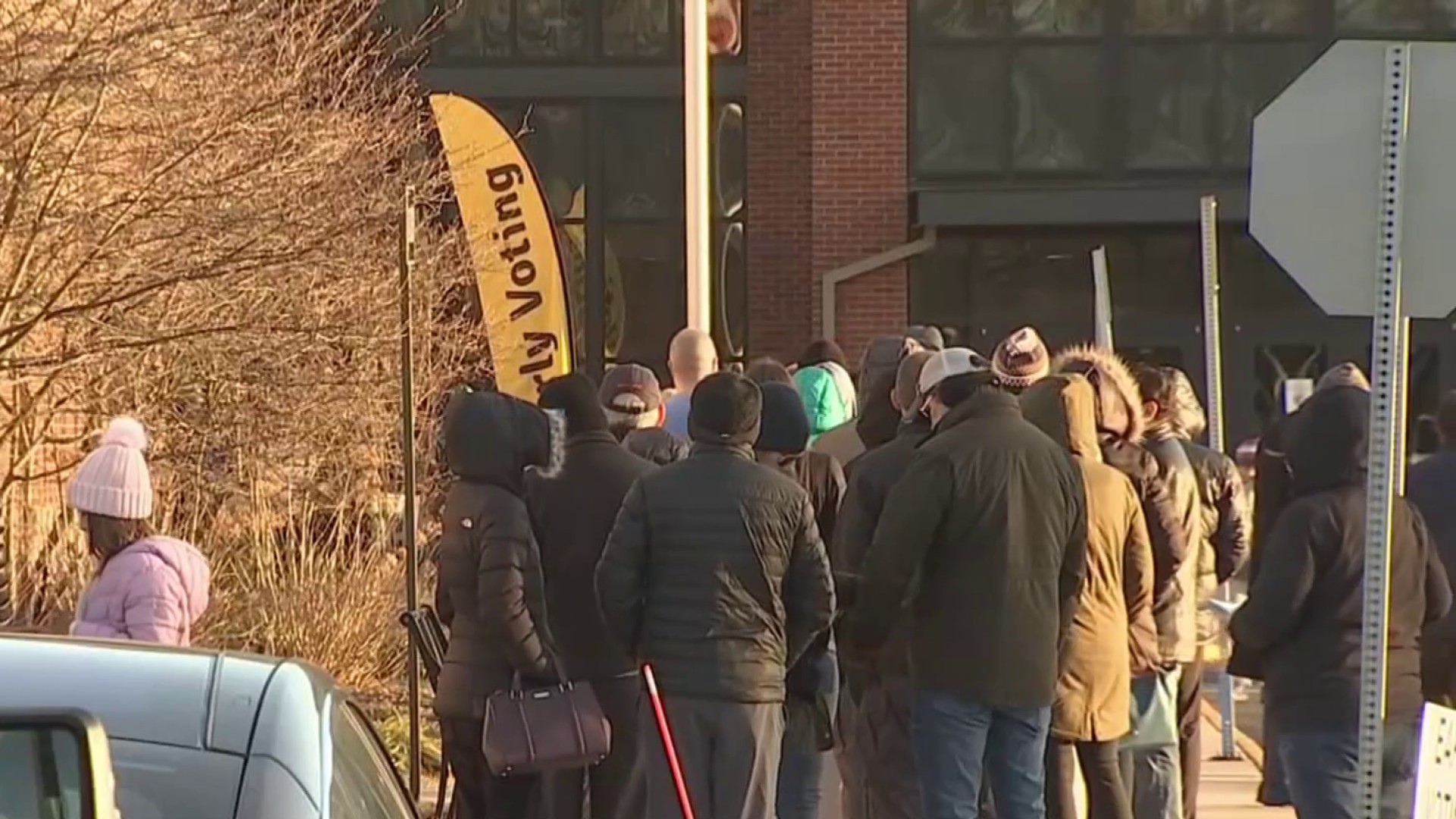Possessing small amounts of marijuana is no longer a criminal offense in the District as of midnight Thursday -- but that doesn't mean pot will be legal, either.
Here are 10 important things you need to know about pot decriminalization in D.C.:
1. What exactly does "decriminalization" mean?
Typically, decriminalization means that there won't be prison time or a criminal record for someone caught for the first time with a small amount of marijuana for personal consumption, according to advocacy group NORML. Instead, it's treated like a minor traffic offense.
D.C. isn't the first to decriminalize marijuana. More than a dozen states have already passed laws that decriminalize marijuana.
2. Does that mean pot is legal?
No. Possession of one ounce or less of marijuana will become a civil violation. That just means it's not an arrestable offense in most cases.
Local
Washington, D.C., Maryland and Virginia local news, events and information
However, possessing more than one ounce is still a criminal offense.
And under federal law, federal law enforcement officers may arrest anyone in the District for possession of any amount of marijuana if they're on federal land or in federally supported housing.
3. So I could just get a ticket for possessing marijuana?
Yes. Possession of one ounce or less of marijuana will result in a $25 ticket.
If a minor is caught with one ounce or less, they will also get a ticket and will be referred to Child and Family Services for a follow-up.
4. Is it legal to possess paraphernalia?
In some cases. Possession of drug paraphernalia directly associated with one ounce or less of marijuana is not an arrestable offense.
Examples of acceptable paraphernalia include bongs, cigarette rolling papers and cigar wrappers.
5. Can I sell marijuana?
No. However, giving someone an ounce or less of marijuana without receiving payment will become a civil violation and not an arrestable offense.
6. Can I smoke marijuana in public?
No. It is still a criminal offense to smoke or otherwise consume marijuana in any public place, including:
- Streets
- Alleys
- Parks
- Sidewalks
- Parking Areas
- Vehicles in or upon any street, alley, park or parking area
- Any place to which the public is invited
You can be arrested for smoking, consuming or selling marijuana in any public space. However, you cannot be arrested in public or on private property for being impaired by marijuana -- with two important exceptions below.
7. Can I smoke marijuana while driving or boating?
No. Operating or being in control of a vehicle or boat while under the influence of marijuana is a dangerous crime and will be prosecuted.
8. Can law enforcement question me at any time?
No. Under the new law, none of the following will constitute reasonable suspicion of a crime anymore:
- The odor of marijuana
- The possession or, or the suspicion of possession of, marijuana without evidence of quantity in excess of one ounce
- The possession of multiple containers of marijuana without evidence or quantity in excess of one ounce
- The possession of marijuana without evidence of quantity in excess of one ounce in proximity to any amount of cash
If an individual is operating or in physical control of a vehicle or watercraft while intoxicated or under the influence of marijuana, none of those exceptions apply.
9. If I am stopped by law enforcement, will I have to present I.D.?
No. If you are stopped in possession of one ounce or less of marijuana, you do not have to display any proof of your identity. But you must provide your correct name and address.
10. If I am stopped by law enforcement, can I keep my marijuana?
No. Law enforcement officers are required to confiscate any visible contraband.
According to The Washington Post, civil violations will be adjudicated by the city's Office of Administrative Hearings, while misdemeanor crimes like smoking marijuana in public will be prosecuted by the D.C. attorney general. More serious felony drug crimes will remain in the hands of federal prosecutors.
The Metropolitan Police Department has prepared wallet-size cards with key information about the new law, and will post information on their website starting Thursday.



